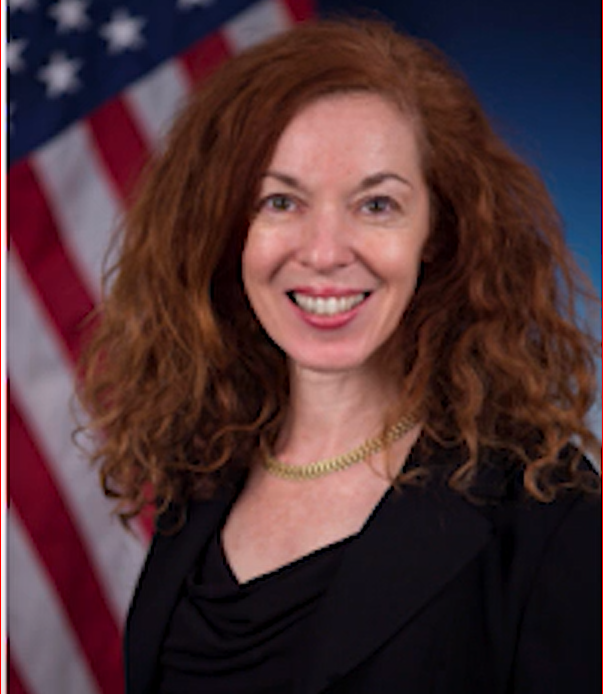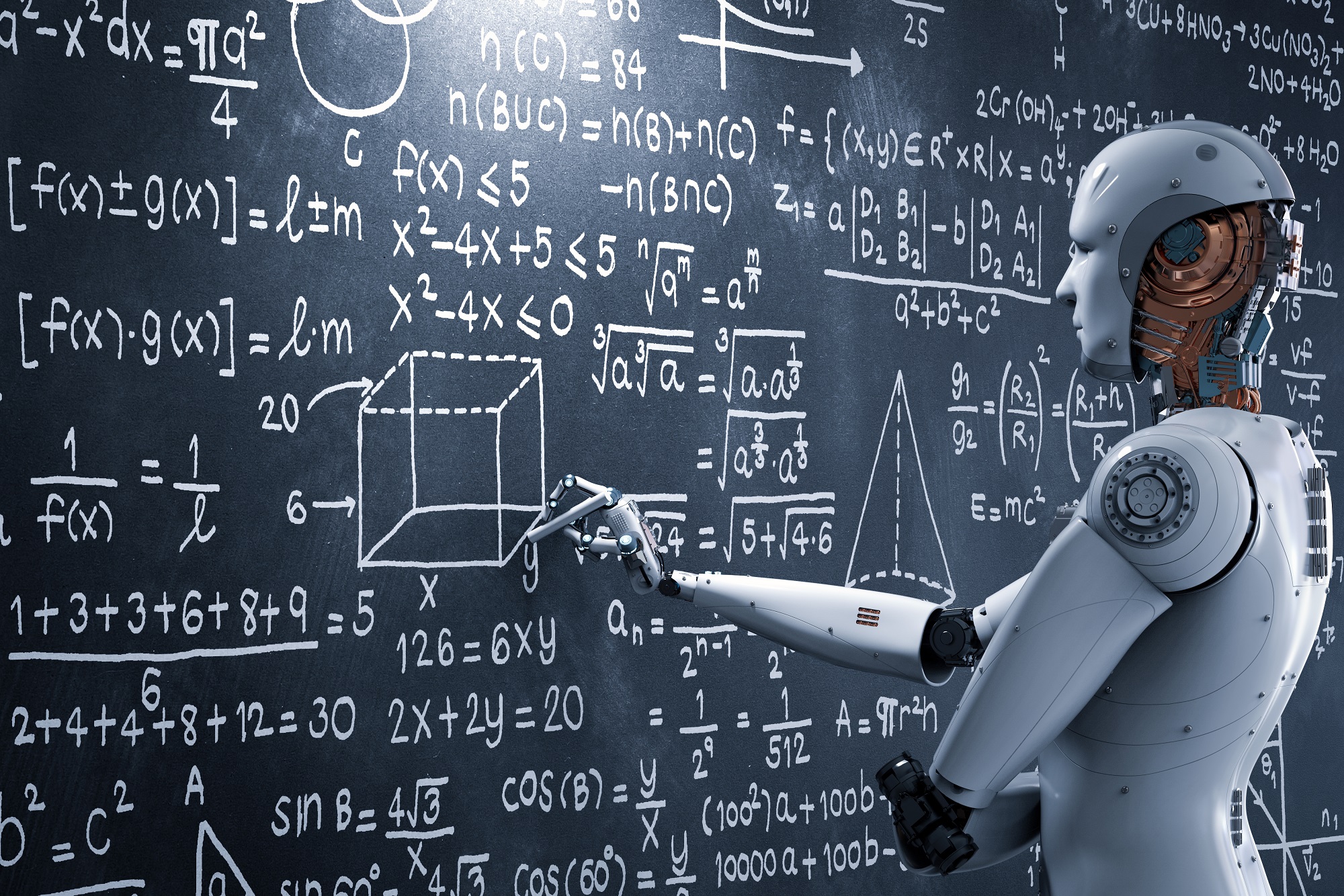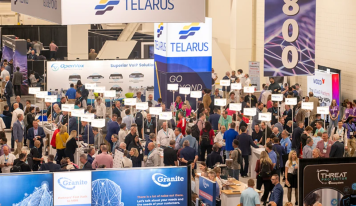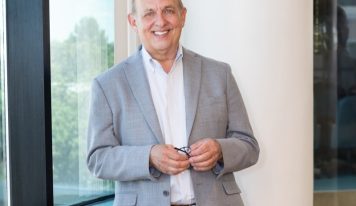Artificial intelligence (AI) and machine learning (ML) systems have greatly advanced as of late. Still, AI is not intelligent in the biological sense. These systems are limited to performing only those tasks for which they have been specifically programmed and trained, and are inherently subject to safety hazards when encountering situations outside them. The issue is further limiting to DoD applications, where situations can be unpredictable and the ability to react quickly and adapt to dynamic circumstances is of primary importance.
The DARPA Lifelong Learning Machines (L2M) program seeks to achieve paradigm-changing developments in AI architectures and ML techniques. The program seeks to develop systems that can learn continuously during execution and become increasingly expert while performing tasks, are subject to safety limits, and apply previous skills and knowledge to new situations – without forgetting previous learning.
L2M consists of two technical areas. The first concentrates on the development of complete systems and their components; the second brings together researchers with diverse expertise to explore biological mechanisms that underlie learning, which will be translated into a new generation of computational architectures, mechanisms, and algorithms. Discoveries in both technical areas are expected to generate new methodologies that will allow AI systems to learn and improve during tasks, apply previous skills and knowledge to new situations, incorporate innate system limits, and enhance safety in automated assignments.
DARPA just recognized UMass Professor Hava Siegelmann for major advances in AI.

Dr. Siegelmann, an internationally recognized expert in neural networks, ML and AI says, “I was so touched by the agency’s recognition; I just feel honored to be contributing.” She adds, “I credit UMass for supporting me to run a very advanced AI lab such that the government wanted to invite me.” UMass, CICS Dean Laura Haas says of the honor, “I am extremely proud of Hava’s service to DARPA and the nation. Her work at DARPA has helped to advance AI for us all.”
Siegelmann’s citation states, “She created and managed some of DARPA’s largest and most advanced AI programs including L2M – developing next-generation advanced AI systems capable of learning in real-time and applying learning to environments and circumstances not specifically trained for.” Her award also cites “GARD,” another major DARPA program she created to establish theoretical ML vulnerabilities, characterize properties to enhance system robustness and create effective defenses. “As systems advance, the very advancements open new avenues by which they can be attacked,” she said, “GARD identifies often obscure, technically complex vulnerabilities and builds new-generation defenses for them.”
DARPA points out Siegelmann’s “exceptionally productive” term included developing a system that intelligently administers insulin and dextrose to maintain safe glucose levels for diabetics and critical care patients; sensors to identify dangerous chemicals from a safe distance; collaborative, secure learning platforms that allow unaffiliated groups to work synergistically without revealing sensitive data; and reverse engineering methods to identify cyber-attacks, secure the system, and find the attacker.

“We made real progress, demonstrated actual learning – something never done before; and we set the foundation for the next generation of expert, autonomous systems,” continued Siegelmann. “L2M improvements are already being incorporated into real-world systems; in five years, AI systems will be mainly of the L2M variety or incorporate L2M components. But it is very hard,” she adds, “for a machine to learn actively and there is still much to be done.”
“DARPA was a wonderful, highly productive experience,” said Siegelmann. “I can’t say enough about my DARPA colleagues and the truly bright and far-seeing researchers I worked with.” Siegelmann’s goal now is to continue her research – advancing AI learning; but, equally important, she says, is “to start teaching the next generation of computer scientists, giving them the new skills they’ll need, skills not yet taught in current AI programs, to create and advance the systems that will increasingly be part of our infrastructure.” Siegelmann also acts as a consultant to tech companies.
This is a fascinating field of research and will usher in a new wave of advanced solutions the world can’t even fathom today.






